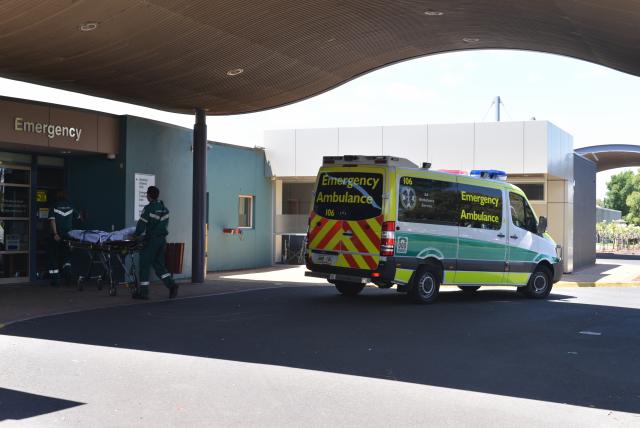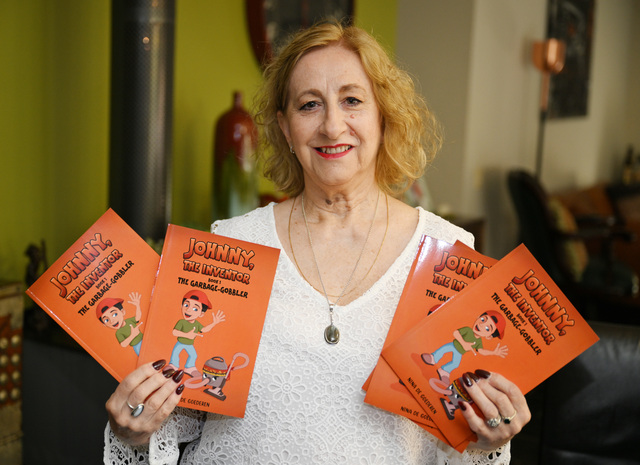Brimbank paramedics have improved code one response time by 57 seconds, according to latest Ambulance Victoria data.
Ambulance Victoria’s performance results for April to June, 2024, showed the average response time for code one ‘lights and sirens’ cases in Brimbank was 14.32 minutes, down from 15.29 minutes for the same period in 2023.
The improvement puts the average response time for code one cases in Brimbank below the 15 minute target time.
There were 3148 code one ambulance call outs to Brimbank during the three months to March.
Paramedics across Victoria responded to 68.2 per cent of code one cases within the target of 15 minutes, up from 62.4 per cent a year earlier.
Brimbank’s results were better than the state average, with 64.2 per cent of ambulances responding to code one cases within 15 minutes, compared to 61.7 per cent at the same time last year.
Ambulance Victoria’s latest performance results were released as the state faced the busiest quarter on record, with a total of 71,906 code one emergencies across Metropolitan Melbourne.
Ambulance Victoria (AV) metropolitan regional director Michael Georgiou urged Melbournians to access alternative care options to ease pressure on paramedics.
“It is important that everyone does their part. If your matter is not an emergency, consider using alternative care options like Primary Priority Care Centres (PPCC) or the Victorian Virtual Emergency Department (VVED) and keep our highly skilled paramedics available for patients most in need,” he said.
“The entire health system continues to be extremely busy due to seasonal illness such as flu, COVID-19 and RSV circulating within our communities and our workforce.
“Our dedicated paramedics and first responders across Melbourne’s suburbs do an incredible job in the face of record-breaking demand, providing best care to our communities every day.
“Staying up to date with your yearly flu and COVID-19 vaccinations helps protect you, the people around you, and makes a difference reducing demand on our paramedics during this busy time.”
Gerald Lynch







